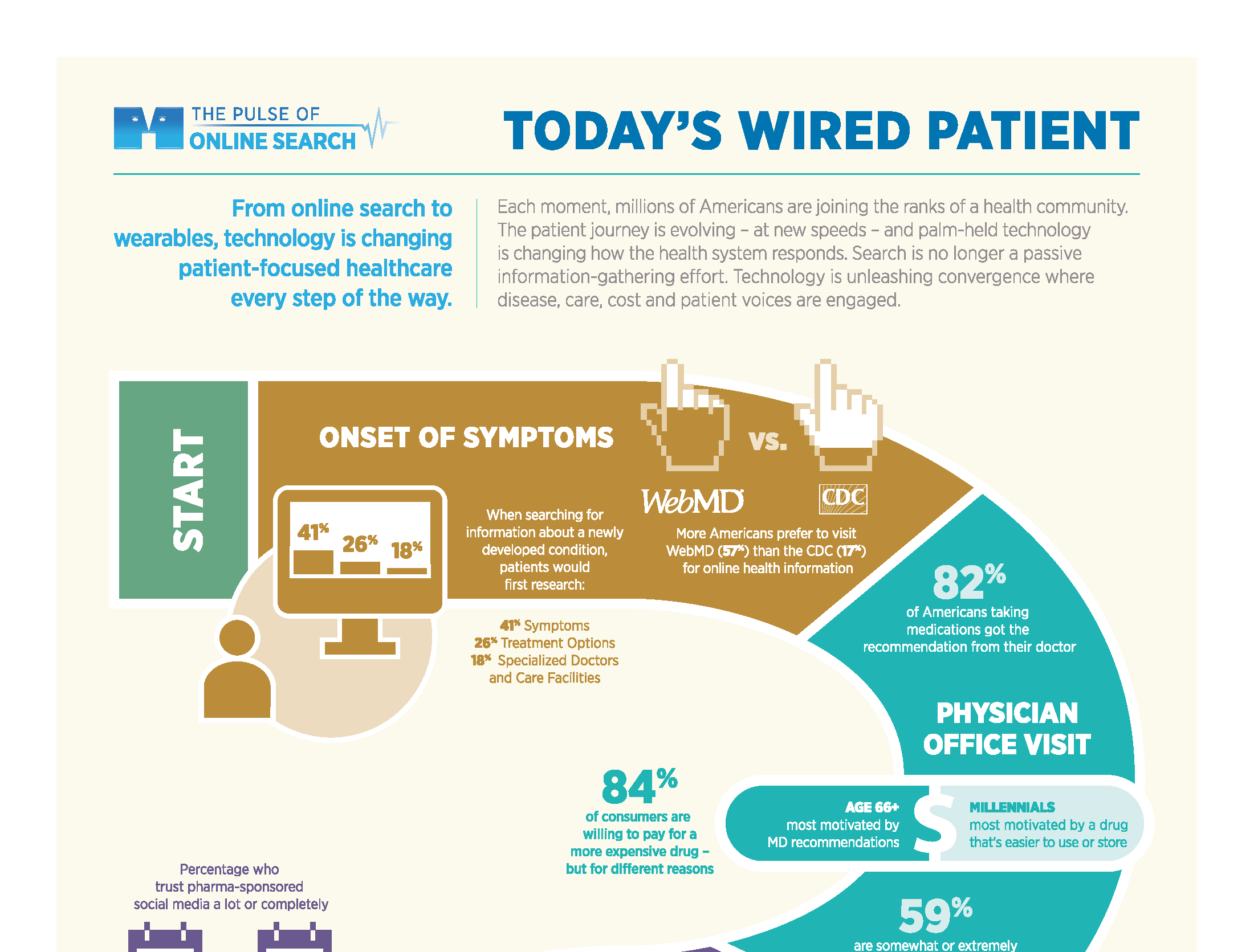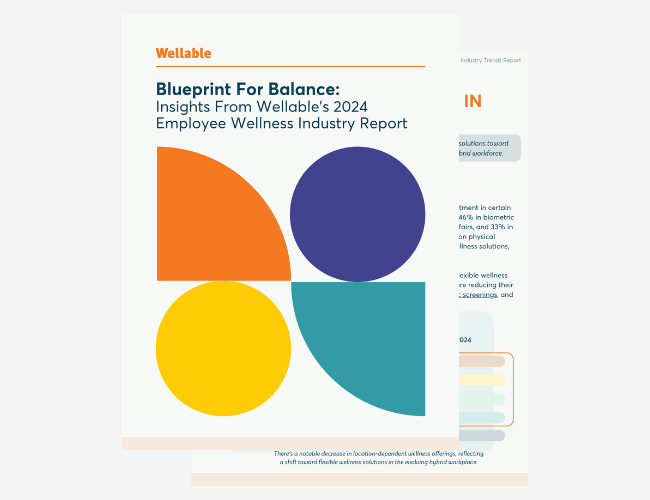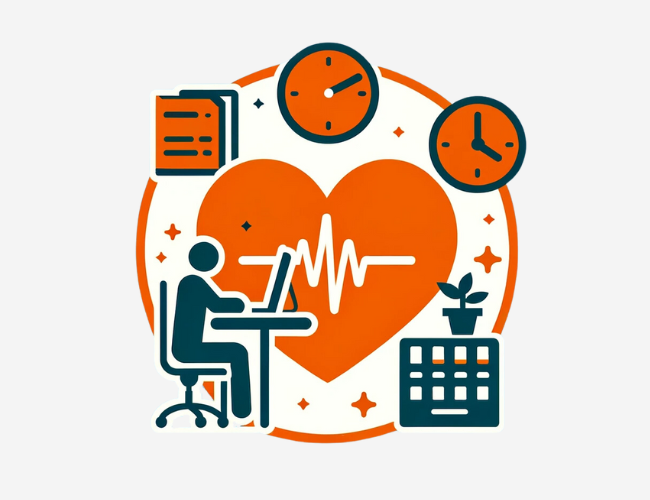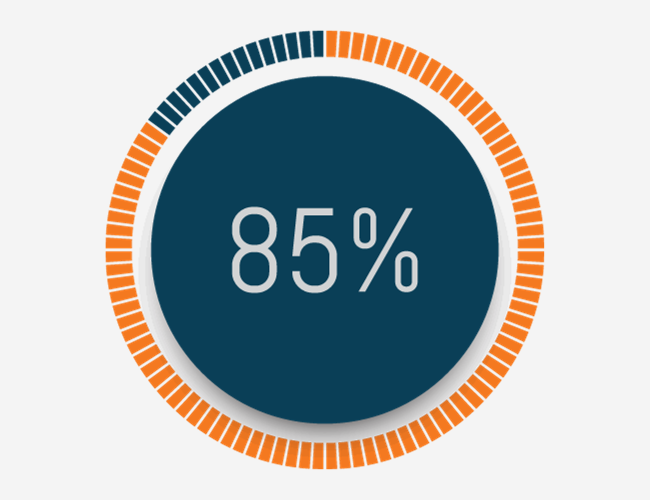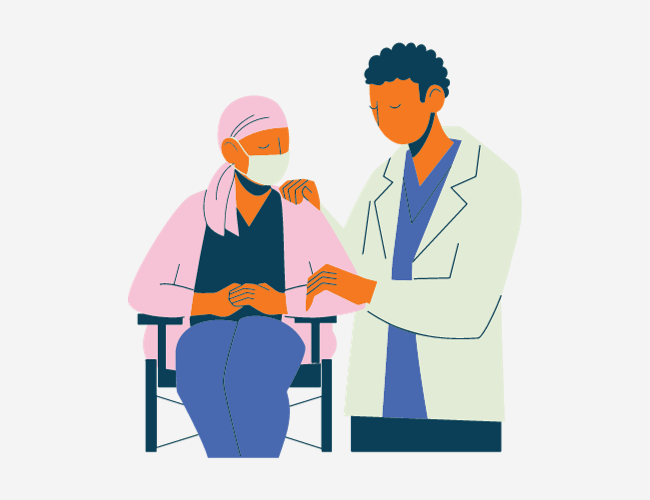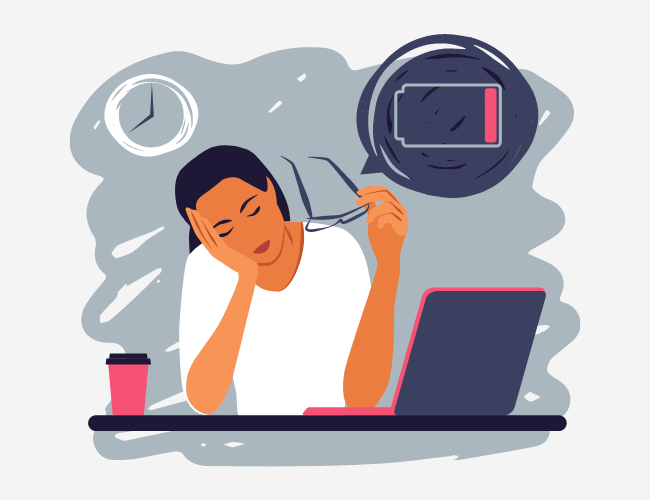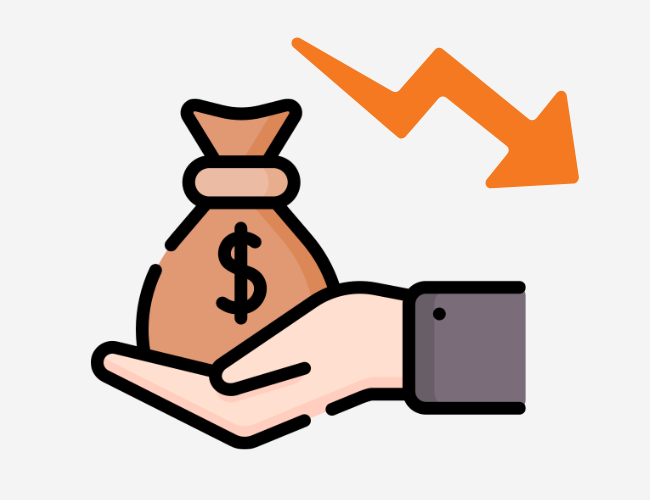According to the 5th Annual “Pulse of Online Health” survey published by Makovsky and Kelton, 79% of Americans would be willing to use a wearable device to manage their health and 66% would be willing to use a mobile app to manage their health. The survey also dug deeper into top interests when downloading and using digital health technologies.
For wearable devices, the top interests driving Americans to want to use these tools to manage their health were:
- Tracking physical activity (52%)
- Tracking symptoms (45%)
- Managing a personal health issue or condition (43%)
- Tracking sleep patterns (41%)
- Tracking diet/nutrition (39%)
Top interests for wanting to use mobile apps to manage health were slightly different from wearable devices. Tracking nutrition moved to first and medication reminders was a top interest that did not make the wearable list.
- Tracking diet/nutrition (47%)
- Medication reminders (46%)
- Tracking symptoms (45%)
- Tracking physical activity (44%)
The increasing popularity and acceptance of digital health technologies is creating incredible promise for corporate wellness programs to meet the expectations of employers. In order to fulfill this promise, employers must meet employees were they are. Surveys like this highlight the demand for wearable devices and mobile apps and the breadth of what makes them so popular. Understanding these dynamics are critical in order to have a successful wellness program.
Other key findings include:
- Trust and quality sources for healthcare information are important to consumers, and people are three times more likely to look to WebMD (57%) over government-affiliated websites such as the CDC (17%) or FDA (16%).
- Of the 91% of Americans who would search online for health information, condition management (58%), exploring symptoms (57%), and researching a prescribed treatment (55%) are the most popular motivators. In contrast, if consumers were diagnosed with a medical condition, they would be most likely to research symptoms (41%), treatment options (26%), and specialized doctors and care facilities (18%).
- Of the 80% of Americans willing to visit a pharma-sponsored website, those 66 and older were more likely to visit the site if a healthcare professional recommended it (52%).
